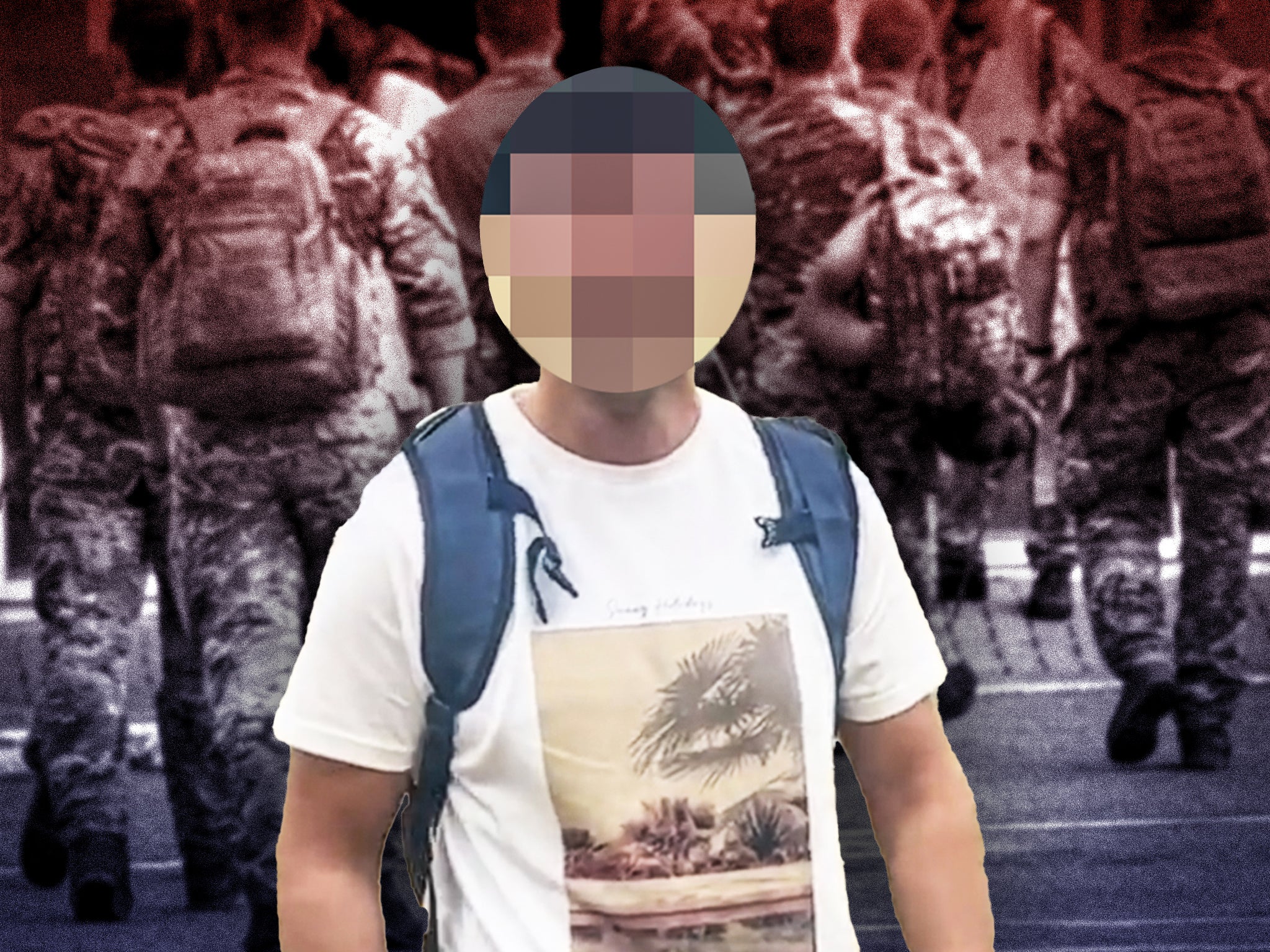How can Afghan pilot’s family escape Afghanistan to safety in UK?
Afghan pilot can finally stay in UK – but the process to reuniting him with his family is a long and arduos one
Your support helps us to tell the story
From reproductive rights to climate change to Big Tech, The Independent is on the ground when the story is developing. Whether it's investigating the financials of Elon Musk's pro-Trump PAC or producing our latest documentary, 'The A Word', which shines a light on the American women fighting for reproductive rights, we know how important it is to parse out the facts from the messaging.
At such a critical moment in US history, we need reporters on the ground. Your donation allows us to keep sending journalists to speak to both sides of the story.
The Independent is trusted by Americans across the entire political spectrum. And unlike many other quality news outlets, we choose not to lock Americans out of our reporting and analysis with paywalls. We believe quality journalism should be available to everyone, paid for by those who can afford it.
Your support makes all the difference.The Afghan pilot threatened with deportation to Rwanda has now been granted asylum in the UK which means he can apply for his young family to join him here.
But the process to reunite them is a long one and made even more complicated by the closure of key offices in the Taliban-run Afghanistan.
Refugees waiting to be reunited with their families in Britain often have to spend years in hiding as their applications are processed.
More than 11,000 people are currently waiting for relocation, figures obtained by The Independent last month show. And almost 1,800 of those have been living in limbo for over a year.
The pilot will now have to apply for a family reunification visa and provide proof of his marriage.
Applicants must also show they have a good knowledge of English and that they can financially support themselves and their dependents.

How much does it cost?
It costs over £1,500 to apply for family reunification, with an additional £1,538 cost for each additional dependant, such as children.
Those who do not have a place to live and cannot afford essential living costs such as food or heating can apply for the fee to be waived.
What else do they need to provide?
Those who want to come to the UK also have to provide biometrics, such as fingerprints, in order to get the visa.
There is currently no option to submit biometics in Afghanistan, with no British embassy in Kabul and all diplomatic staff withdrawn from the country, since the Taliban takeover in August 2021.
The government website for applicants states that “while the security situation remains extremely volatile, we recommend people in Afghanistan do not make applications”.
This leaves Afghan families with no choice but to try to get to a neighbouring country to process their application. For some, this means illegally crossing the border to Pakistan.
What support does the UK government provide?
The UK government has the ability to help those in Afghanistan with biometrics remotely but they only do this in exceptional circumstances.
Once refugees have made it to a neighbouring country, such as Pakistan or Iran, they can then provide the relevant data.
However, they do not receive any support from the UK government for accommodation and would need to fund their lives in the new country while they wait to hear if the visa has been granted.
A government spokesperson said: “The government provides a safe and legal route through its family reunion policy which enables individuals with protection status in the UK to sponsor their partner or children to stay with or join them here, provided they formed part of the family unit before the sponsor fled their country of origin to seek protection.”




Join our commenting forum
Join thought-provoking conversations, follow other Independent readers and see their replies
Comments